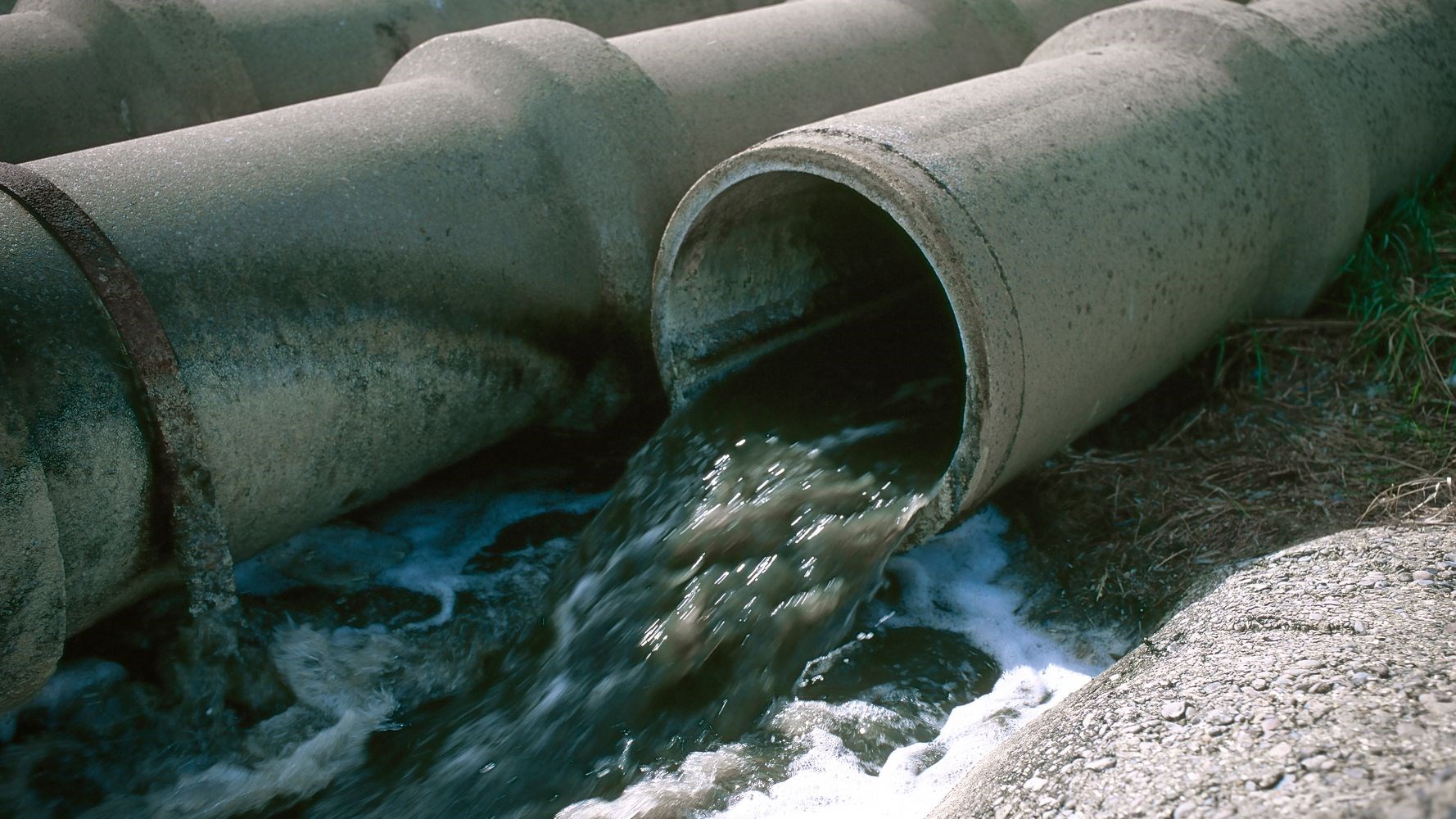Raw sewage pumped into Britain seas, rivers for 2.6 mln hrs. in 2021
Environment Agency data exposes the staggering amount of raw sewage being discharged into tourist and bathing hotspots.
-

Raw sewage pumped into Britain's seas and rivers for 2.6 million hours in 2021
Water providers have spent over nine million hours pumping untreated sewage into Britain's seas and rivers since 2016. The staggering amount being discharged into tourist and bathing hotspots was revealed by Environment Agency figures.
The Labour Party, which received the statistics through Freedom of Information rules, warned on Friday that the overall level of pollution might be much worse.
Labour's environment spokesperson, Jim McMahon, accused the water companies of cutting corners in order to "dump filthy raw sewage over our playing fields and into our seas."
He added, "Labour will put a stop to this disgraceful practice by ensuring there can be enforcement of unlimited fines, holding water company bosses legally and financially accountable for their negligence, and by toughening up regulations that currently allow the system to be abused."
Read next: California governor offers new water plan amid climate change
The raw sewage has been dumped into the UK's seas and rivers for a total of 9,427,355 hours since 2016, according to the data.
It also shows a 2,553% increase in the number of monitored discharge hours between 2016 and 2021, with the Conservatives claiming that the situation is "drastically worsening". The Environment Agency documented 100,533 hours of spills in 2016. By 2021, that figure had rocketed to 2,667,452.
Polluted summer
The Surfers Against Sewage Safer Seas and Rivers Service discovered that sewage has been dumped into seas at beaches in Cornwall, Devon, Sussex, Lancashire, and Cumbria, among other areas, and warned that bathers could be endangered.
The most concentrated areas were across the south coast.
Water companies are permitted to discharge sewage into rivers and seas in order to keep sewage treatment plants from getting overburdened during periods of heavy rain. However, critics claim that companies have failed to invest in improved infrastructure, such as storage tanks, instead opting to pay dividends to shareholders and bonuses to top executives.
Earlier this month, the Daily Telegraph reported that government efforts to cut the amount of raw sewage discharged into rivers had been put on hold. However, the government now appears to be sticking to the September deadline.
Read next: UK fails to invest in water networks to avoid severe droughts
The Department of Environment, Food, and Rural Affairs stated that the government was "taking action" on sewage discharges, with the present administration being the first to expect water corporations to drastically reduce storm overflow emissions.
Water minister Steve Double said, "We are the first government to act to tackle sewage overflows. We have been clear that water companies' reliance on overflows is unacceptable, and they must prioritize drastically reducing the amount of sewage they discharge."
"This is on top of ambitious action we have already taken, including consulting on targets to improve water quality which will act as a powerful tool to deliver cleaner water, pushing all water companies to go further and faster to fix overflows."

 3 Min Read
3 Min Read









